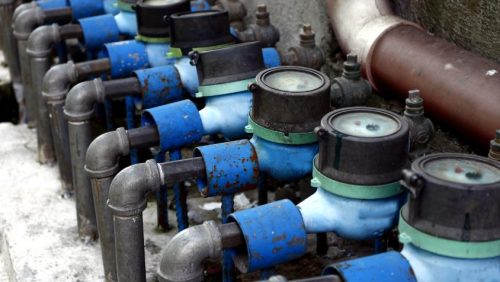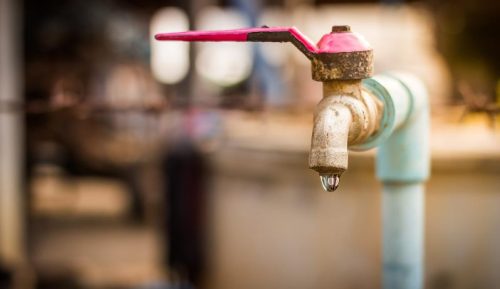Table of Contents
Every five years Ofwat reviews its price limits, but on the 1st of April each year businesses involved in the supply of water and sewerage revise their rates. This year, along with energy prices, water prices exceptionally increased.
Water bills have increased by an average of 1.7% in England and Wales according to the industry body Water U.K. At a first glance, this may not seem like a significant amount, but it means that the average annual bill will be pushed up by roughly £7 to £419 a year. When energy prices are also on the rise, you may be doing all that you can to lower your business water costs. But if you haven’t done your research, you may be missing key opportunities. Here is what your business needs to know about water management.
4 Things That Your Business Should Know About Water Management
Water meters can save your business a lot
Water meters can be invaluable tools if your business is trying to cut down on its water costs especially if you are running a small business. Owning one can significantly bring your bills down and help you learn more about your water habits. This may not directly enhance your business but it definitely help you to save your money.
Water meters track your water usage in live time so you can see how much you’re using. Due to this, you’re able to pay for exactly what you’ve used. If you don’t have a water meter, you could be stuck on a tariff or have annual bills that are too high because they’re not representative of what you’re using.
 Older buildings may not have water meters already installed, so it’s worth contacting your water provider to get one installed. They should be free, and they can help you increase your property value too. If after having a water meter installed you’re still having high bills with your business water procurement, you could contact a specialist consultancy to see if you have any opportunities to make changes.
Older buildings may not have water meters already installed, so it’s worth contacting your water provider to get one installed. They should be free, and they can help you increase your property value too. If after having a water meter installed you’re still having high bills with your business water procurement, you could contact a specialist consultancy to see if you have any opportunities to make changes.
Leaks can be more harmful than you think
Most people may not think of leaky plumbing as a big problem, especially if your business is small. But leaks can be a big financial drain if they go unchecked, as they could be a sign of a bigger problem.
Leaks can lower pipes pressure and make your business less water efficient, meaning that you’ll be losing a lot of money. Leaky taps can use an entire bath’s worth of water in a day, if you have numerous leaks, this can significantly add up. If you keep finding leaks in your plumbing, it could mean that you need in invest in new pipes or get your water pressure checked.
It’s on you to ensure that your business is water-sustainable
A lot of us take water for granted, but for many it is an extremely precious resource. 1 in 9 people do not have access to clean and safe drinking water, and as we head towards water-scarcity, it’s likely this will worsen.
 Wasting water is not only financially expensive, it’s also bad for your organisation’s image and your company’s conscience. Goal number 6 of the Sustainable Development Goals is the availability and sustainable management of water and sanitation for all. If it becomes known by your customers that your business is wasting water and as a result isn’t environmentally friendly, they could start purchasing from your competitors instead.
Wasting water is not only financially expensive, it’s also bad for your organisation’s image and your company’s conscience. Goal number 6 of the Sustainable Development Goals is the availability and sustainable management of water and sanitation for all. If it becomes known by your customers that your business is wasting water and as a result isn’t environmentally friendly, they could start purchasing from your competitors instead.
Lower flow rates and pressure can be the key to saving
It’s natural to want your water pressure to be high, though having a high flow rate could be increasing your bills where it’s not needed. Water flow rate is how much hot water can be sent to your taps in one minute. Having a lower flow rate can save your business money, as flow rates don’t make practical differences.
For example, having a toilet that flushes two gallons is practically identical to one that flushes five. If your toilet is using less water, its three gallons that you don’t have to pay for each time your employees use the toilet.
Whilst we’re on the topic of toilets, they’re one of the biggest waters of water. They take fresh water and contaminate it so that it can’t be used again. If you’re looking to cut down your water costs, you might consider installing a grey water system. This way you can siphon off waste water from your other plumbing, to be cleaned and reused.



